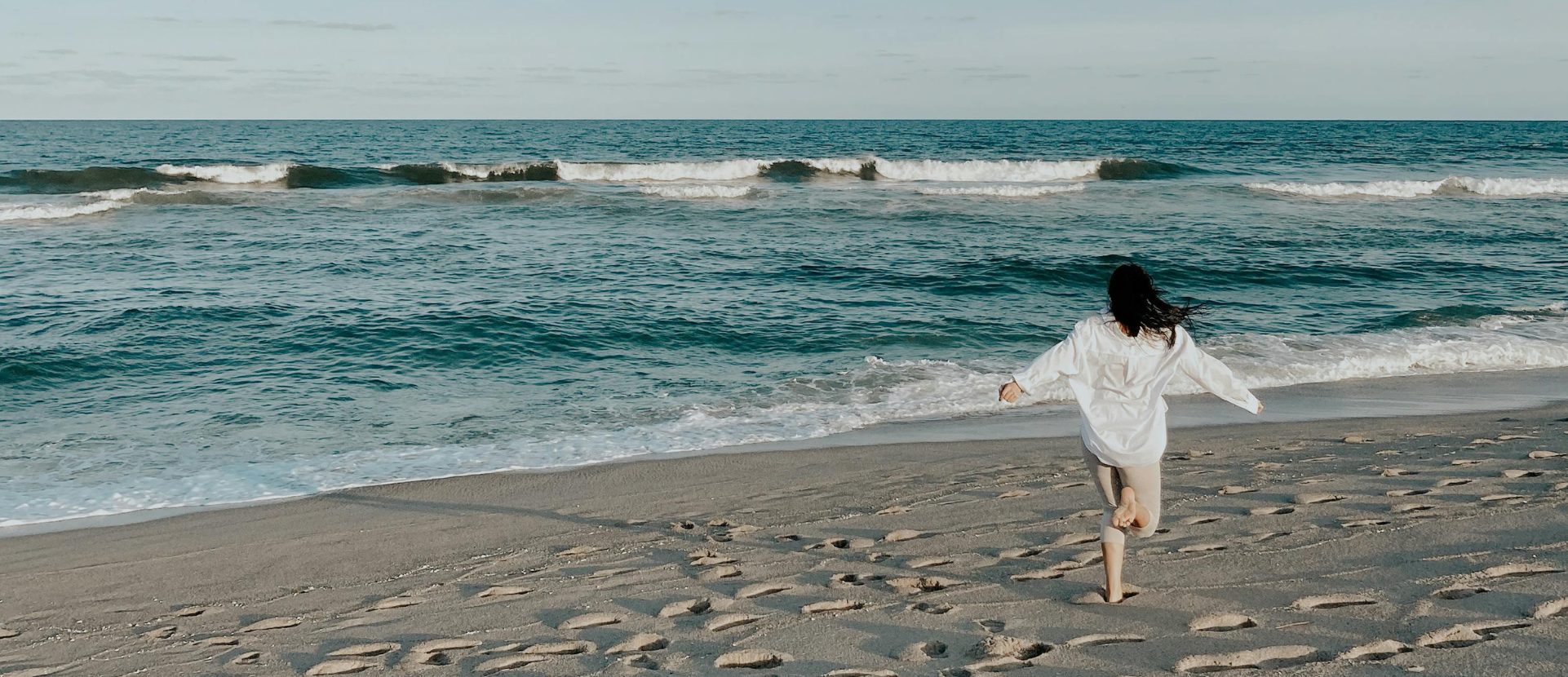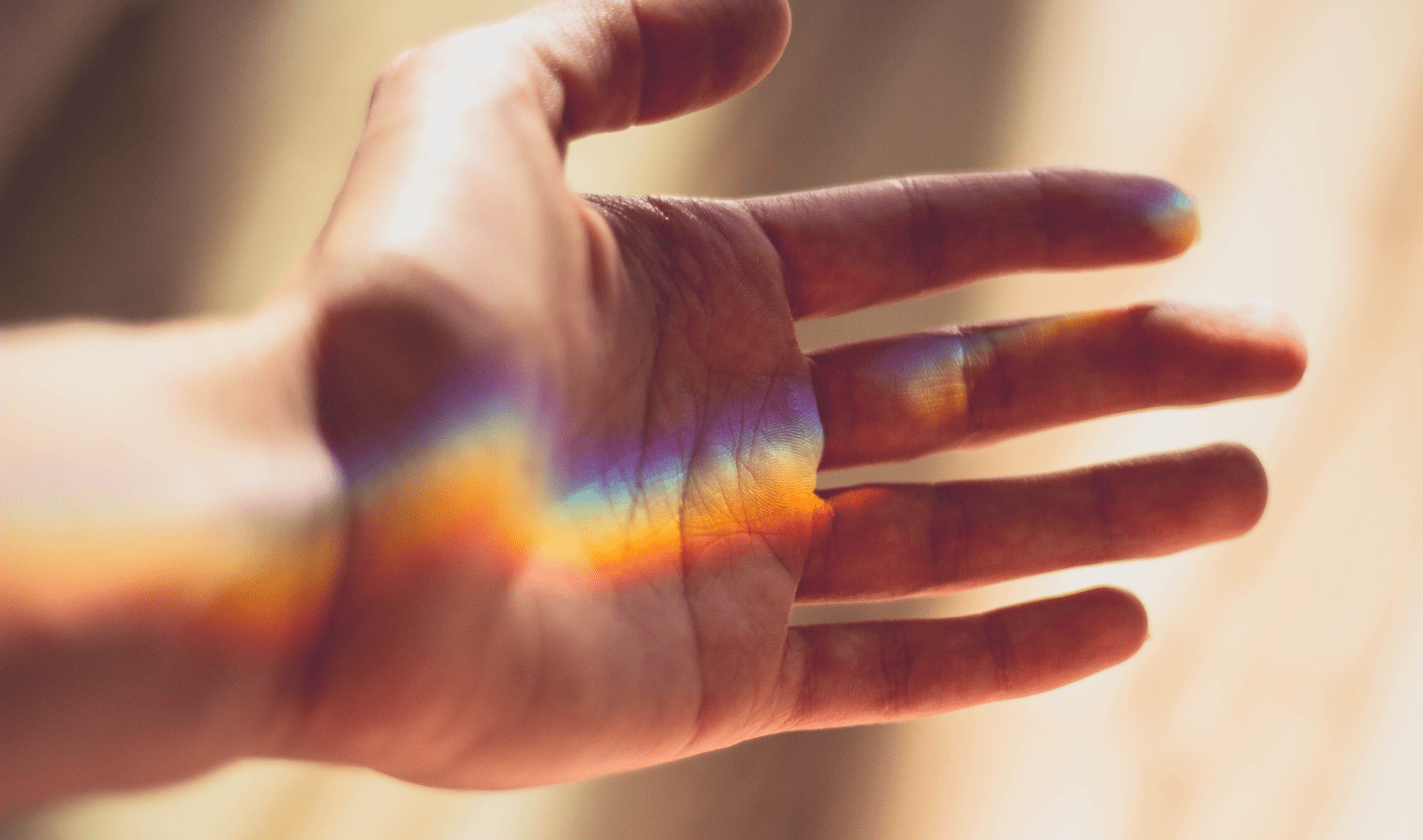- Voices of the Ocean
Beneath the bruised waves
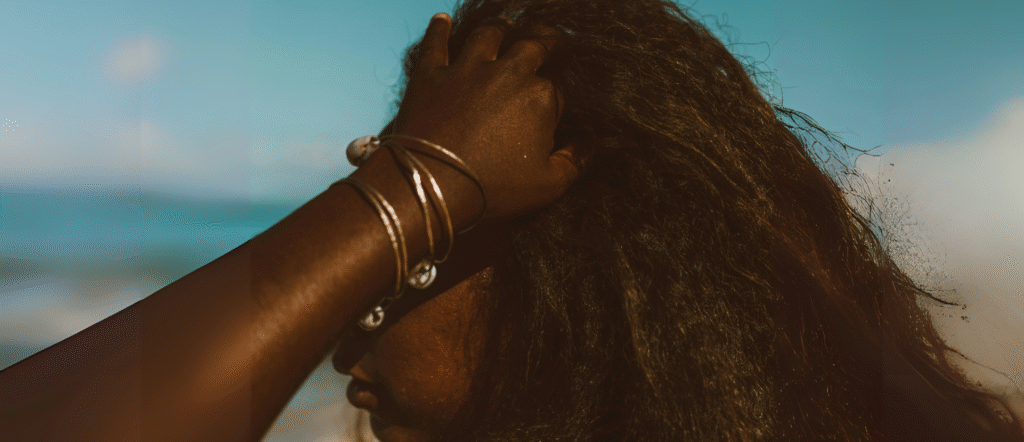
This is a story about a girl who stood at the edge of despair and found purpose instead. Through her pain and connection to the Ocean, she transforms her grief into action. Trigger warning: This story contains themes of depression, suicidal thoughts, and environmental grief. Please take care while reading.
It was the end.
She was going to die today, she said—gladly…her toes curled over the edge of the rotting pier, salt stinging her lips, the wind a feral whisper in her ear. Her gaze fixed on the vast, broken Ocean before her, its bruised waves roiling beneath the burnt-orange sky. It mirrored the hollow, infinite ache inside her. The war in her mind raged louder than the tide; a thousand voices clawed at her sanity. And if she was going to surrender, it would be to the only thing that had ever brought her peace.
She stood at the edge, the salt-laced wind knotting her curls, the horizon swallowing the sun in a blaze of crimson and gold. The sea below thrashed—restless, wounded, gasping beneath the weight of a world that had stopped listening. It didn’t shimmer like in the tourist brochures. It pulsed like a dying heart.
At seventeen, Ola bore the burden of a world she had never agreed to inherit. She was African—her skin dark as the fertile earth, her hair a crown of wild curls—and she lived in a town stitched together with hope and hardship. A place where rusting boats outnumbered jobs, and the government’s promises dissolved like mist over the dunes. Cracked pavements. Empty fridges. School jumpers passed down like heirlooms. The Ocean was her only constant. Her only witness. Her only sanctuary.
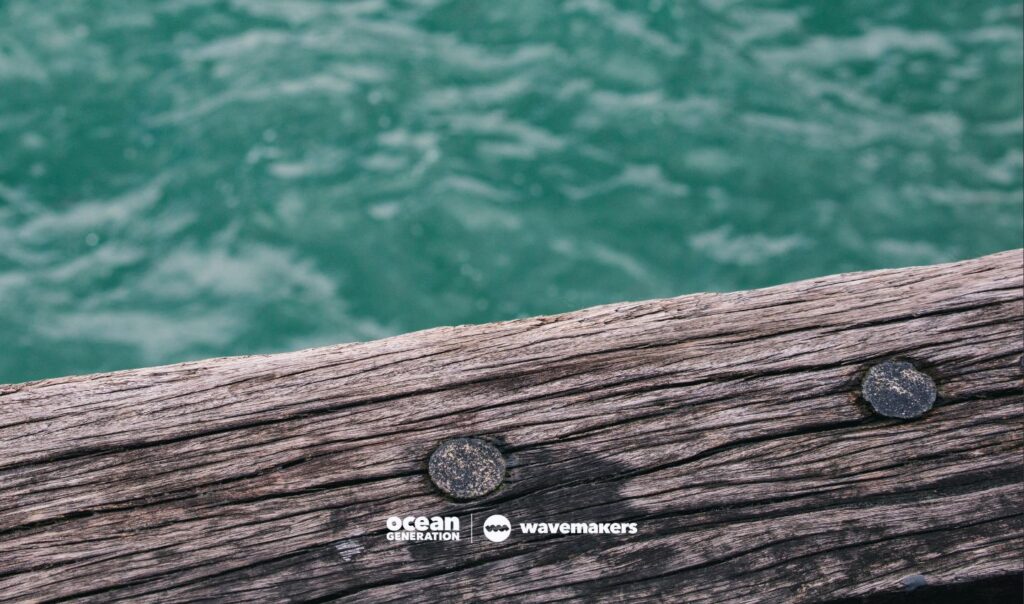
But now, even the waves felt tired.
There was a war inside Ola—not of bullets or bloodshed, but of thoughts. A mental insurgency. Unrelenting. Sharp. TikTok showed her how to shrink herself. Instagram reminded her daily that she wasn’t enough—not thin enough, rich enough, pretty enough, perfect enough. Her feed was a glittering graveyard of lives she could never live. She watched influencers with glistening skin and sun-kissed travel vlogs gain followers by the thousands, while her own life unraveled in silence.
She posted smiles. But inside? She was fracturing. The anxiety buzzed like static beneath her ribs. The depression? A thick, silent fog, creeping through every corridor of her mind. Some days, breathing felt like betrayal. Her reflection, a stranger. Her body, a burden. Her heart, a battlefield.
She hated her skin for being “too dark,” too different. She learned early that society’s beauty was not made for her—always a reminder in sideways glances, mispronounced names, and the casual racism that seeped into everyday. But the Ocean—oh, the Ocean—never judged her. It held no prejudice, only endless acceptance.
That day, at the pier, she hadn’t meant to go home.
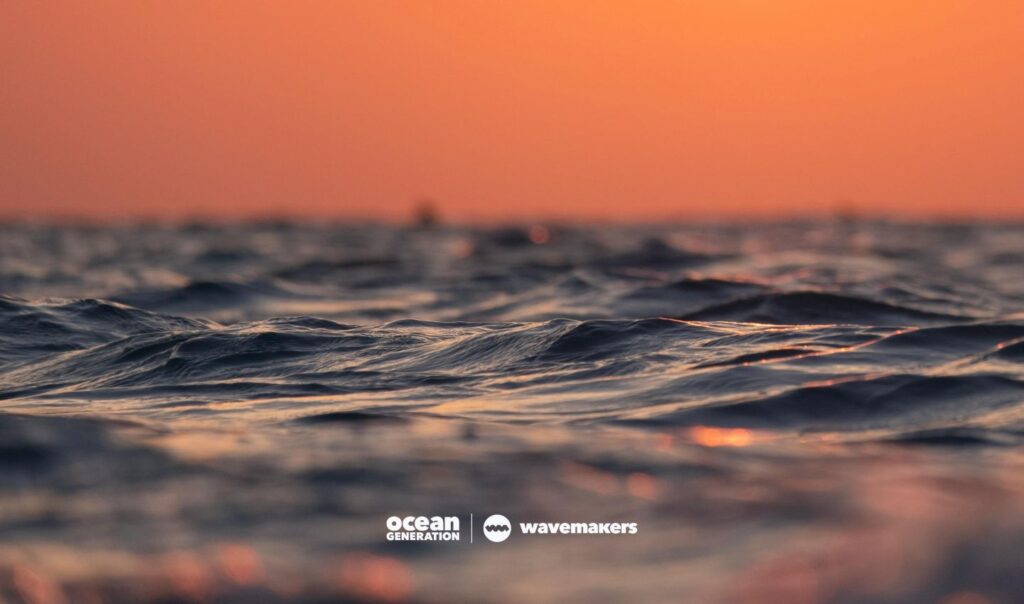
She stared into the Ocean’s churn, wondering if it would hold her gently—or not at all. She remembered the dolphins’ wails from childhood—how their mournful songs once rocked her to sleep when insomnia gnawed at her chest. She remembered the kiss of warm sand between her toes, each grain a whisper of stability when everything else crumbled. She remembered the nights when her mum worked double shifts and dinner was uncertain—but the sea? The sea never forgot her, it fed her the nights she was meant to go hungry, fulfilled more promises than the corrupt institutions that yearned for profit. Through her reminiscing she leaned into the biting cold wind that kissed her face, and as she leaned forward, she heard it.
Not her name. Not a warning. But a cry. The Ocean, hoarse and breaking, called to her. And she saw it—truly saw it—for the first time.Not as a beautiful escape, but a bleeding body.
Plastic bottles bobbed like bloated corpses. Ghost nets snaked through the water like nooses. Bleached corals, once neon with life, now brittle white bones.
Oil-slicked fish drifted, glassy-eyed and broken.
The sea wasn’t wild. It was wounded.
And in that moment, Ola realised the Ocean was like her: expected to give endlessly, loved only when convenient, and discarded when no longer picture-perfect.
A flashback hit her like lightning—how festivalgoers trashed the beach and laughed about it. How fast fashion hauls came wrapped in unrecyclable packaging. How she once bought a swimsuit with a smiling turtle on it—only to later learn that turtles were dying in droves, strangled by six-pack rings. And she remembered that story: a diver saved from a shark by a fluke change in tide—only for that same shark to later wash up dead, its stomach split open with plastic straws, bottle caps, and candy wrappers.
No one had cared.
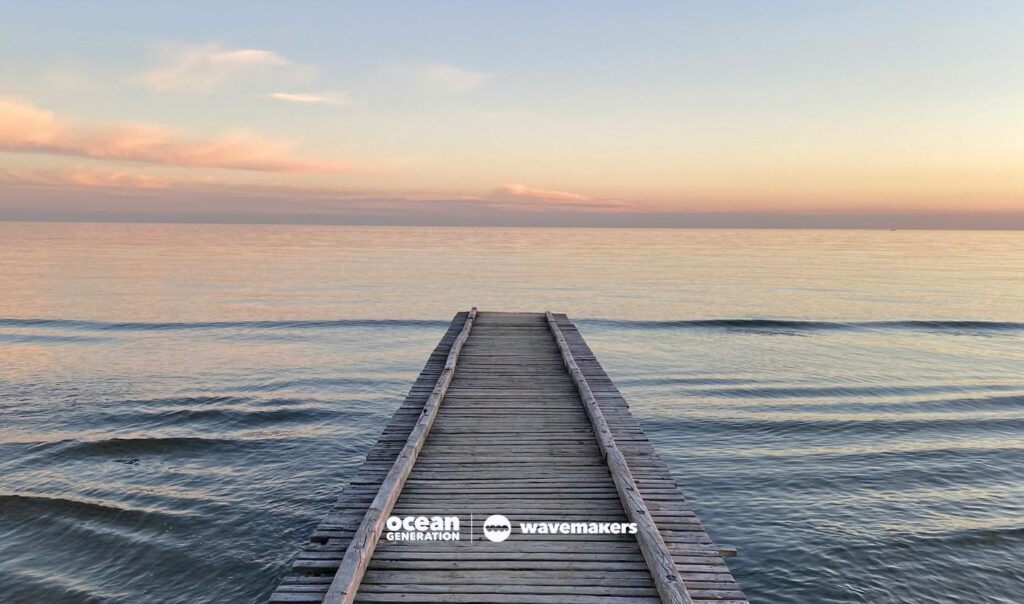
Just like no one had cared when her father lost his job after the fishing trade collapsed. Or when teachers stumbled over her name year after year—never trying, always shortening her identity. Or when her mum cried quietly over bills, and Ola had to pretend not to hear.
The Ocean didn’t just feed them. It was them. And it, too, was being erased.
She stepped back from the edge
Not because the pain was gone. But because it had fuelled purpose. Ola turned her grief into fire. Her voice into a vessel. She defied the expectations that constricted her, recorded a video—no makeup, no filters. Just her. Her words. Her truth. She spoke about the diver. The shark. The town. The beach. The forgotten.
That video?
400 views. Then 2,000. Then 15,000. Then 100,000. Then one million.
She went from @justola17 to a rising storm of change. She demanded movement, She cleaned beaches. She organised talks. She filmed fishermen with sun-leathered faces telling stories of bounty that no longer existed. She showed the graves of coral reefs beneath the waves. She showed what was left.
And people listened.
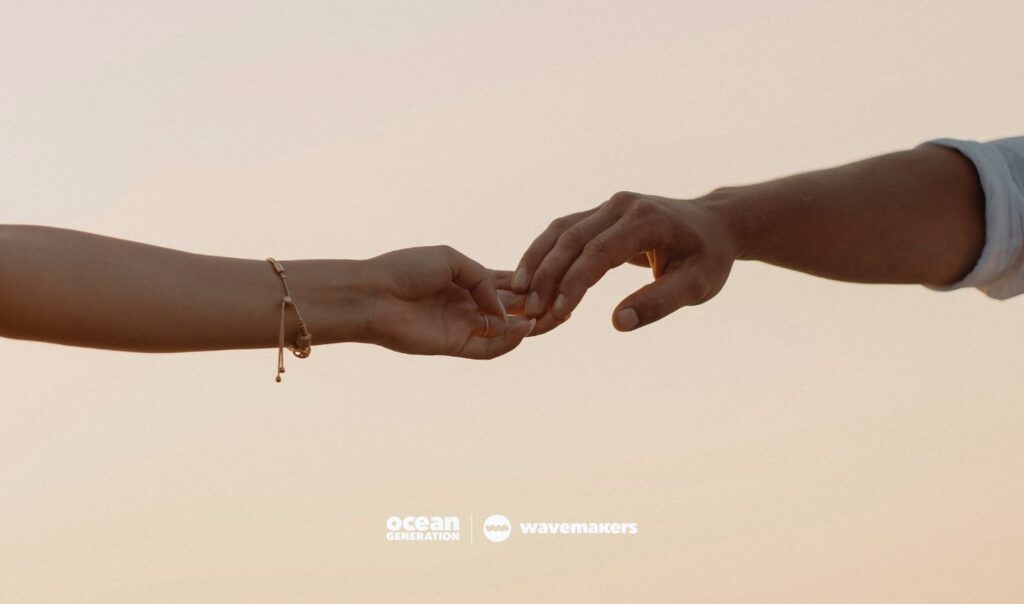
They donated. They shared. A new generation began to care. You’re generation needs to care. Not out of guilt, but out of solidarity. Clean-up drives surged. Local policies were challenged. Big brands were questioned. Her town—tired, hungry, forgotten—started to believe again. Because now, the world saw them. But Ola… she never claimed to be a hero. Some nights, the storm still came. Some mornings, she still stood at that pier.
But she listened now…to the waves, to the sky, to the steady pulse of an Ocean trying to heal.
Because healing wasn’t linear. But neither was destruction. Yet, both were still happening.
She stood at the edge of the pier, the salt-laced wind tangling her hair, the horizon swallowing the sun in a blaze of crimson and gold. The sea below churned, not with hopelessness—but with hope reborn.
This time, she didn’t see the end…
She saw the beginning.
Thank you for raising your voice for the Ocean, Darasimi!
Learn about how to submit your own Wavemaker Story here.


